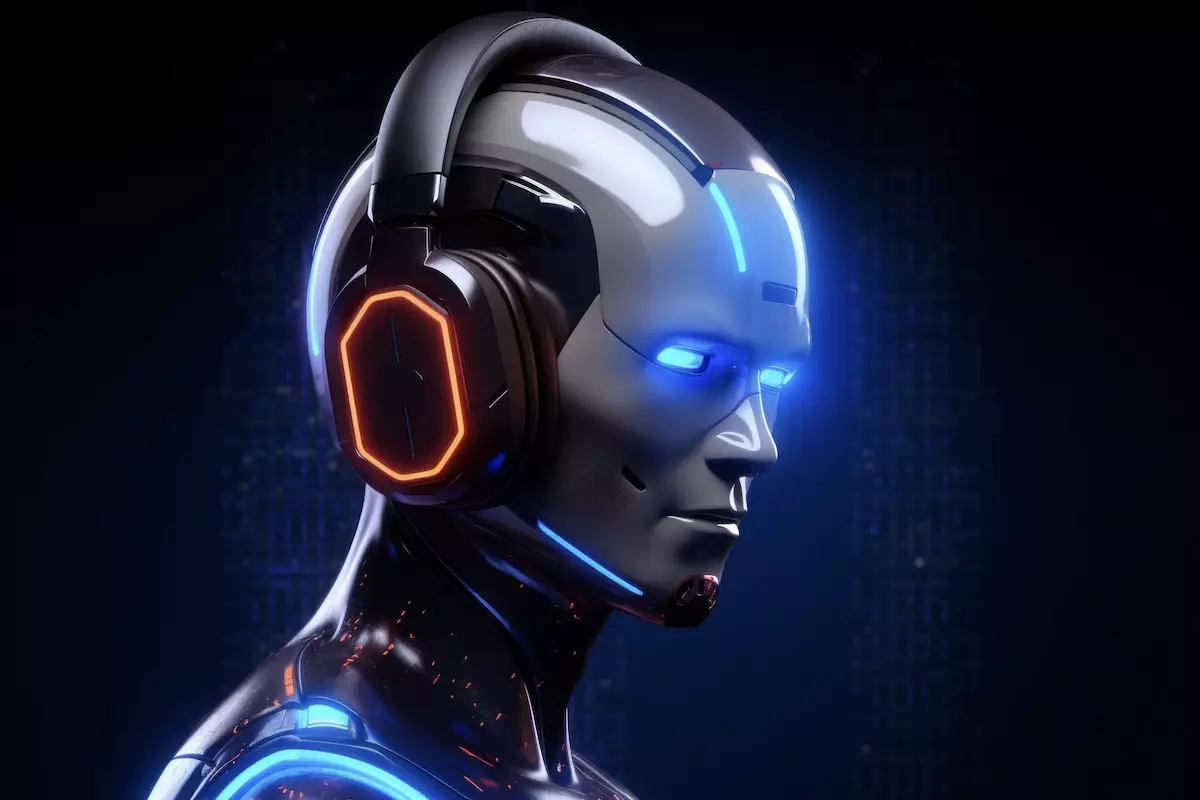The gaming industry is on the cusp of a major transformation, influenced significantly by advancements in blockchain technology and artificial intelligence (AI). Whereas traditional gaming models have often restricted player ownership and customized experiences, the emergence of Web3 and AI seeks to overturn these limitations, offering players a more enriched and personalized gaming environment.
For years, gamers have navigated an ecosystem built on the premise of rented digital goods. In many popular titles, players invest time and money into acquiring skins, weapons, and other in-game assets that technically remain the property of the game developers. This model raises concerns about ownership; if a server shuts down or a game becomes obsolete, all the digital investments vanish into thin air.
Enter Web3 gaming, which is leveraging blockchain technology to give players true ownership over their digital assets. With items stored on a decentralized network, players can own, trade, and sell their in-game items across various titles, reminiscent of tangible collectibles like trading cards or rare coins. This concept has initiated a paradigm shift where digital assets have potential real-world value. The ability to cross-trade items among different games not only enhances player investment but also fosters a vibrant marketplace for in-game assets.
As Web3 charts new territory, artificial intelligence is playing an integral role in enriching the gaming experience. Traditional games fit players into a one-size-fits-all framework—players follow predetermined paths, often lacking the variance they seek. Conversely, AI technologies allow developers to create games that learn from player behavior, adapting challenges and narratives to fit individual playstyles.
Take, for instance, AI-driven environments where character development and NPC (non-playable character) behaviors evolve based on player interaction. Games like AI Arena and ChibiClash exemplify this trend by offering AI-generated characters that not only evolve but respond intelligently to players’ actions. Such innovations make gaming worlds feel more alive, creating a dynamic backdrop that enhances immersion.
Nonetheless, the impact of AI is not limited to player customization. It is also streamlining the development process, which has long been a time-intensive venture requiring substantial resources. With the advent of generative AI, developers can automate the creation of assets, allowing small teams to produce expansive worlds with intricate details far more quickly than traditional methods permit.
For example, Planet Mojo, a Web3 gaming ecosystem, integrates AI tools that expedite game design. Its AI agent, EMMA, assists players while also facilitating community engagement through social media interactions. This change frees developers to concentrate on what truly matters: crafting engaging narratives and enjoyable gameplay dynamics.
In addition to asset generation and game mechanics, AI is poised to revolutionize storytelling. Players no longer need to navigate linear plots; instead, AI systems can curate unique narratives shaped by individual choices. This interactive storytelling ensures that every player has a distinctly personal experience, turning sessions into journeys shaped by player agency.
Consider an AI that recognizes a player’s tendency to act heroically versus a player who opts for stealth; each will receive distinct story arcs, tailored quests, and character interactions. The result is a bespoke narrative enriched by player input, making each interaction within the game world feel authentic and individualized.
While the potential for Web3 and AI is undeniable, their integration into gaming brings with it a range of challenges. Issues such as copyright, ownership of AI-generated content, and the risk of biases in AI models necessitate rigorous scrutiny from developers. It is crucial to establish clear guidelines to ensure fairness and equity among players. Community engagement is vital, as players can contribute by reporting issues and providing feedback.
Furthermore, vigilance in monitoring AI implementations can help maintain a balanced gaming environment that celebrates creativity while safeguarding against exploitative practices.
As the gaming landscape evolves, an era where players truly own their digital assets and engage with highly personalized content is on the horizon. The increasing popularity of digital wallets for in-game assets and the incorporation of AI companions that enrich gameplay experiences are just stepping stones toward a more player-centric gaming universe.
With Web3 enabling genuine ownership and AI enhancing personalization, gamers are poised to enjoy an unprecedented level of interaction and creativity. The journey is just beginning, and as players and developers embrace these changes, a vibrant and innovative gaming world awaits.


Leave a Reply